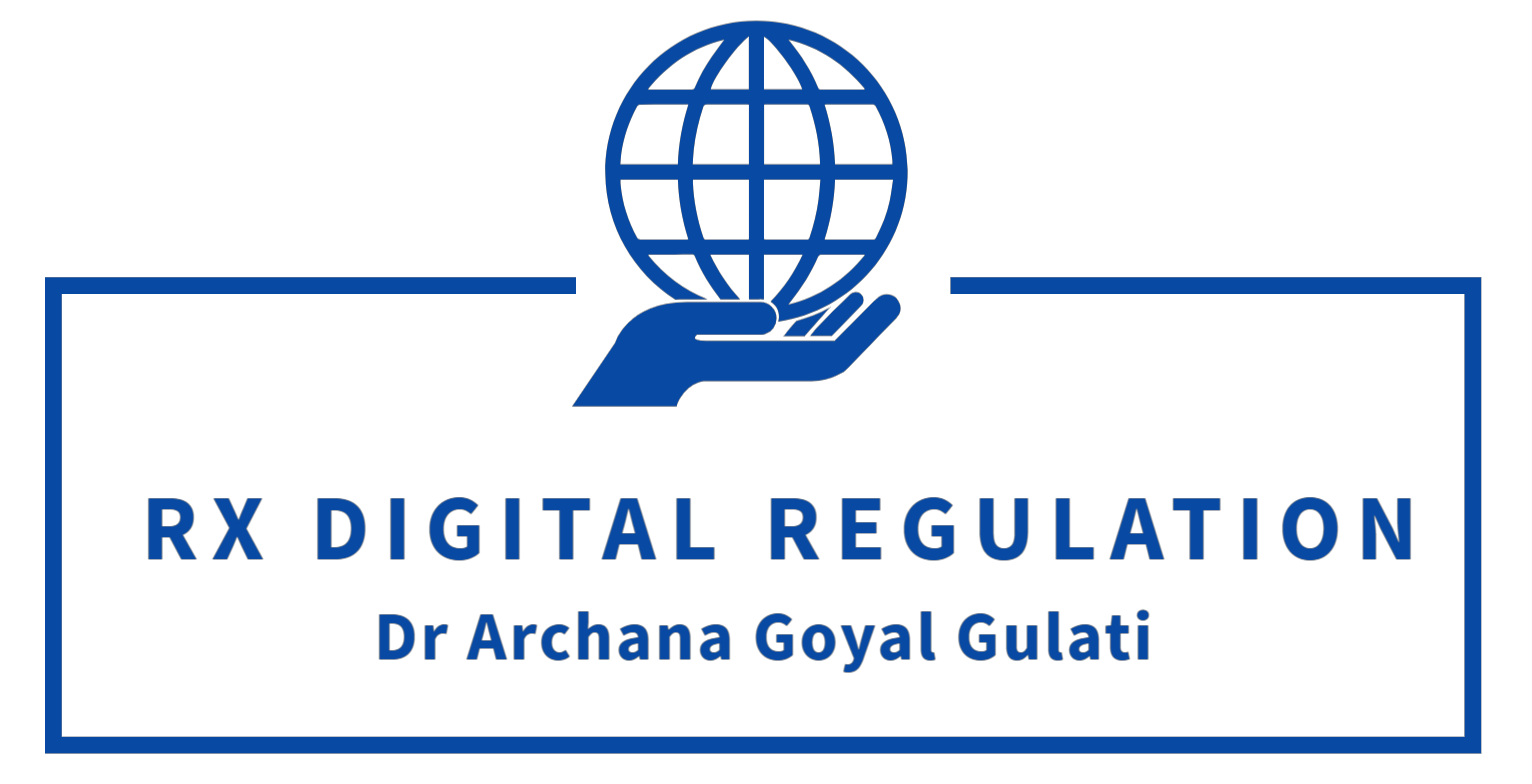
Broadband for Sustainable Development

Sustainable development demands that economic growth is inclusive and balanced in terms of trade offs between short term gains and long term consequences.
Broadband Commission’s new report, “Transformational solutions for 2015 and Beyond” explores the importance of broadband for sustainable growth. It states that,
” while national broadband plans increasingly recognize broadband’s role in socio-economic development, much more needs to be done to support this ‘invisible technology’ transforming our world. A regulatory environment that encourages widely accessible and affordable broadband deployment is the only way to realize its potential to advance sustainable development – for example through proactive policy on spectrum and the protection of inventions.
As far as comprehensiveness of National Broadband Plans goes, the figure below is telling
 |
| Inclusion of Socio-Economic Elements in National Broadband Plans 2013 |
Encouragingly more and more countries include education, employment and health as important elements in national broadband plans. However, the lack of emphasis on universalizing access is evident from the last 4-5 bars. Broadband cannot work its magic unless it is universally accessible, relevant and affordable.
The report makes 10 recommendations to fully leverage the potential of broadband in this regard:
1. Make ICT and high speed broadband universally available at affordable cost for all.
2. Ensure that ICT and broadband are embedded in all of the universal goals and national targets to be defined as part of the Post-2015 global development agenda to fully capture transformative, sustainable solutions.
3. Deploy national development policies and plans to actively drive cross-sector integration of economic and social outcomes deliverable and scalable through ICT and broadband.
4. Create a streamlined and enabling regulatory environment for the broadband era that accelerates removal of barriers to market entry for broadband ICT uptake.
5. Provide consumer incentives and harness government procurement to drive demand and stimulate private sector innovation and investment.
6. Twin broadband innovation and investment with sustainable multi-stakeholder business models to capitalize on the transformative potential of universal ICT
7. Drive the game-changing potential of mobile broadband through the optimized use of radioelectrical frequency spectrum for universal ICT for development penetration
8. Promote the utilization of global standards to enable the harmonization and interoperability of ICT and broadband-enabled services and applications, putting special emphasis on affordability and accessibility.
9. Establish a comprehensive monitoring framework for broadband deployment and robust accountability mechanisms to track development progress via industry-wide broadband ICT metrics and indicators.
10. Develop appropriate solutions to maximize resource mobilization, innovation and investment in broadband for both developed and developing countries.
The report also analyse broadband’s actual and potential role in achieving sustainable development goals such as ending poverty, hunger and gender inequality and provides best practices from across the globe.
Please also see previous posts on National Broadband Plans and Broadband Ecosystemhttp://ictsforall.blogspot.in/search/label/Broadband%20Ecosystem

